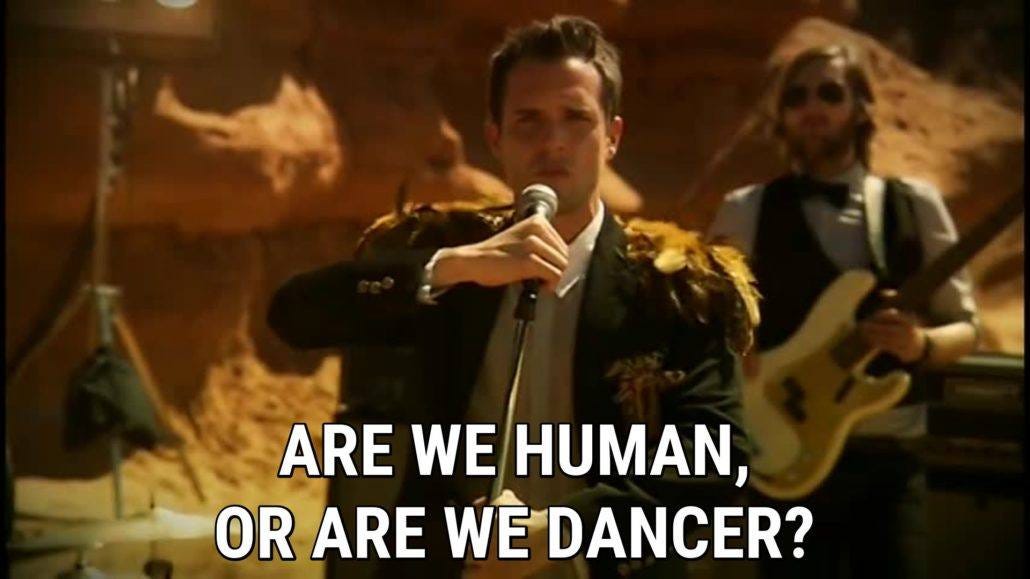The Immortality of the Soul
Why you will live forever. (Or, are we human, or are we dancer?)

It is a sign of backwardness that so many of us, unbelievably, affirm that human beings are only random collections of quantum particles.
Thus, when we die, nothing really changes - random and minute quarks just do a different dance. There is, apparently, no soul. Which ultimately leads to t…
Keep reading with a 7-day free trial
Subscribe to Chris Waldburger to keep reading this post and get 7 days of free access to the full post archives.


